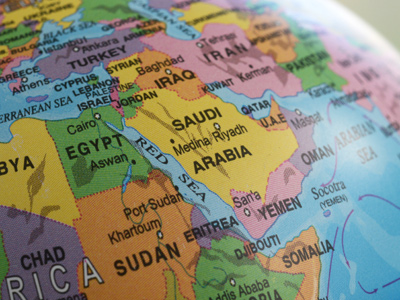
Hajj (Pilgrimage)
The Hajj (Pilgrimage to Makkah) is the fifth pillar of Islam.
The rites of pilgrimage are performed today exactly as did by Prophet Abraham (PBUH) and after him by Prophet Muhammad (PBUH). It is mentioned in the Quran “And Hajj to the House (Kaaba) is a duty that mankind owes to God, those who can afford the expenses (for one’s conveyance, provision and residence); and whoever disbelieves then God stands not in need of any of mankind, jinn and all that exists” (Quran 3:97)
Muslims are united in their devotion to Allah. The black man stands next to the white man and they call on Allah with one voice. The king stands beside a peasant and they declare their submission to the will of Allah using the same words.
It is mentioned in the Quran “And Hajj (pilgrimage to Makah) to the House (Kaaba) is a duty that mankind owes to Allah, those who can afford the expenses (for one’s conveyance, provision and residence) ; and whoever disbelieves then Allah stands not in need of any of mankind, jinn and all that exists” (Quran 3:97)
“O humankind! We have created you from a male and a female, and made you into nations and tribes, that you may know one another. Verily, the most honourable of you with Allah is that (believer) who has At-Taqwa (piety, God consciousness). Verily, God is All-Knowing, All-Aware.” (Quran 49:13)
Islam is the religion of unity and peace. Repeatedly throughout the Quran Allah reminds the believers that they must remain united and seek strength through unity. Hajj epitomises this unity. People from every race and colour come together in submission to the will of Allah. Muslims are one brotherhood and they come together with a sense of purpose and a desire for peace.
“The believers are nothing else but brothers (in Islam). So make reconciliation between your brothers, and fear Allah, that you may receive mercy.” (Quran 39:10)
The running between the hills of Safaa and Marwah, represents the effort Hajar took to find water for the thirsty infant, running between the hills.
That is the first principle of faith: if Allah settled you in a place, He will never let you be lost, however powerless are all causes and means to offer you anything.
Allah, the Exalted mentions in the Quran “Is not He (better than your gods) Who responds to the distressed one, when he calls Him, and Who removes the evil, and makes you inheritors of the earth, generations after generations.” (Quran, 27: 62)
Ready for more?
not all...
quizzers. Try to win a coveted spot on our Hall of Fame Page.








The Prophet of Allah, Prophet Muhammad (PBUH) used to invoke Allah, the Exalted saying ““O Allah! Forgive my sins; those sinned against you forgive them for me, and those sinned against others than You, bear them on my behalf.”